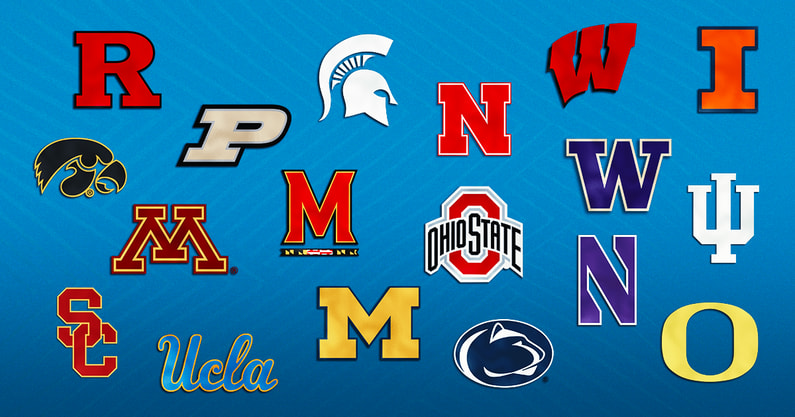- Some students have a background, identity, interest, or talent that is so meaningful they believe their application would be incomplete without it. If this sounds like you, then please share your story.
- The lessons we take from obstacles we encounter can be fundamental to later success. Recount a time when you faced a challenge, setback, or failure. How did it affect you, and what did you learn from the experience?
- Discuss an accomplishment, event, or realization that sparked a period of personal growth and a new understanding of yourself or others.”
– Common App (Personal Statement) Essay Prompts
How can so few words spark fear and trepidation in the minds of so many aspiring college and graduate school students? The reason comes down to the harsh reality that the writer has no more than 650 words to make a compelling case to an admissions committee. In less than two-thirds of one page, an applicant needs to craft an insightful response showcasing something that differentiates them from the thousands of other applicants facing the same daunting task.
In an article titled, “Want to Get into a Top College? Better Crush the Essay,” Forbes applied statistics to the importance of these responses. “Among the top schools, the emphasis on essays is particularly pronounced. Eighty-four of the top 100 schools on Forbes’ America’s Top Colleges 2023 list deem student essays to be “very important” or “important” to the admissions process, according to information they provided to what’s known as the Common Data Set.” The Supreme Court’s recent decision to overturn affirmative action would only seem to increase the emphasis that admissions committees will place on essays going forward.
So how do you write a winning admissions essay? Let’s break it down into some actionable steps:
Before you write a single word…
- Topic first, prompt second. Decide on the story you want to tell and then fit it to the prompt, not the other way around.
- Highlight an integral and unique aspect of your character. Share something about you that the school needs to know to get a total picture of who you are. What do you love? What experience has shaped the person you are?
- Identify the common thread that ties your interests and activities together. Why are you drawn to do the things you do?
- Describe who you are, not merely what you’ve done. Again, the “why” is what’s important here.
- Let your personal voice be heard. You can’t speak directly to the admissions committee reading your application, so you need to help them understand who you are through the voice in your writing. Make sure to include anecdotes to give voice and personality.
- Plan for your whole application. You have only so much “real estate” available in the application, so you don’t want to be repetitive.
When you’re ready to start the writing process…
- Create an outline. Much like every essay you’ve written in school, this piece will have an introduction, a body, and a conclusion.
- Introduction: Engage the reader by painting a vivid and lasting picture of yourself. Utilize a quote, anecdote, question or description of a scene or situation.
- Body paragraphs: The number of body paragraphs and length of each will vary for each person’s individual essay. However, focus on the following ideas:
- Elaborating on your theme and its significance to you.
- Describing how you have demonstrated your theme through the decisions have you made and actions have you taken related to your theme.
- Explaining where you will take your theme in the future. Consider how your theme will inspire you to contribute to communities in college and beyond.
- Conclusion: Circle back to your introduction and have a clear “So what?” Why does what you have written matter?
Above all…
- Stay focused on your theme. It is tempting to throw in other accomplishments or activities but always remember that it is far better to have your scope be an inch wide and a mile deep. Adding in other themes will only serve to dilute your message. While most essays are written in the format above, there is NO RIGHT WAY to write a personal statement. You can play with structure as much as you play with writing style. To see some examples of a variety of content and structure in successful essays, look at the ones The New York Times publishes annually that are submitted by students like you.
A few more crucial writing tips…
- Be authentic and tell your own story, not what you think the admissions committee wants to read.
- Be personal and specific BUT avoid TMI.
- Tell your story confidently but without arrogance; portray yourself as a potential student ambassador. Aim for mature, confident, curious, hard-working, and reflective.
- Think twice about your topic. While certain subjects can be very effective and compelling when handled correctly, they can also be risky so handle with care:
- Vacation travel, volunteer missions, club memberships, childhood sports accomplishments
- Politics, religion, gun control
- Illness, learning disability, family tragedy
- Suspension/rules infraction
- Impact of a family member or mentor
- Use a variety of words to describe things but do not try to be a walking thesaurus!
- Write in your own genuine style (but not too casual).
- Finally, PROOFREAD, PROOFREAD, PROOFREAD! Read the essay out loud to yourself to be sure you haven’t missed anything. Remember, your admissions essays are more of a marathon than a sprint – expect to write at least 4 drafts of the main essay, so plan your time accordingly! Manage your deadlines!
To start crafting your unique admissions essay, contact PREMINENTE today to start working with one of our expert counselors.
PREMINENTE
(917)446-1987


